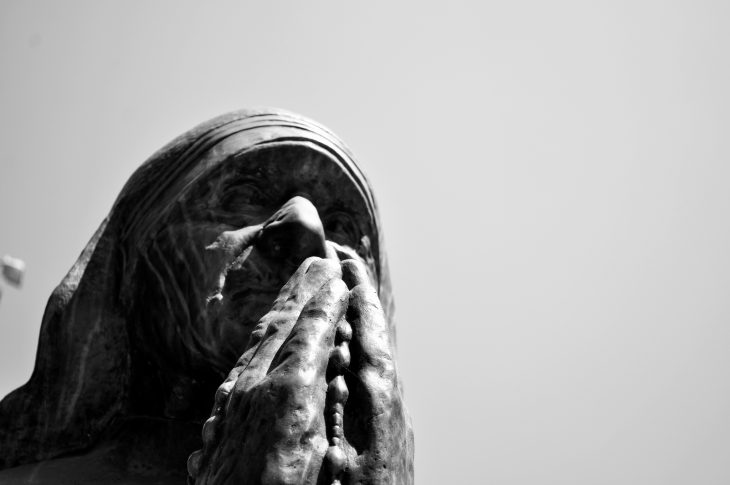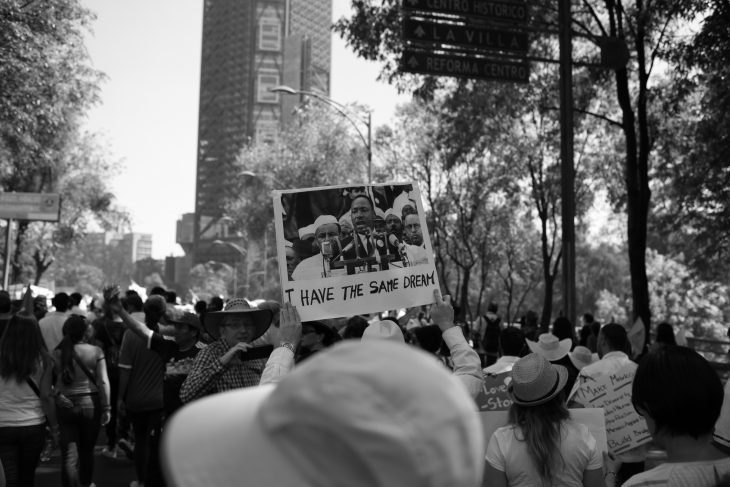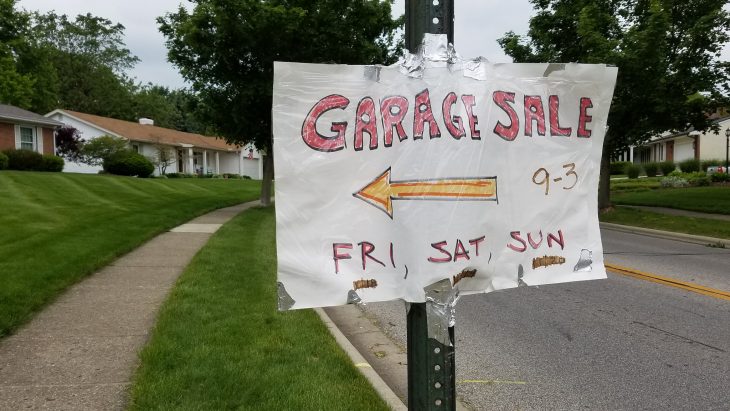“Congress shall make no law…abridging the freedom of speech”
– that revered phrase in the First Amendment. Where did it go? I remember former bastions of the First Amendment, places like UC Berkley, known for its envelope-pushing freedom of speech. We watch now as students there use violence to shut down people with whom they disagree. We read lists of micro-aggressions and trigger-warnings.
Of course, none of these modern-day crusaders actually say they want to thwart the Constitution. Students at universities across the nation are told, “Of course you have the right to speak your mind and exchange ideas. But you must only do it here, in this free speech zone.”
George Will reminds us that the entire United States used to be a free speech zone.
Outside of college campuses, one of the areas where the First Amendment has sustained the most damage is in the pulpits across America. For years, pastors in our nation have been limited in their political speech.
This was not always the case, of course. The most famous example is Pastor Peter Muhlenberg. He stood in the pulpit of his Anglican Church on a Sunday morning in 1776 preaching from Ecclesiastes 3: “There is a time for everything, and a season for every activity under heaven: a time to be born and a time to die, a time to plant and a time to uproot…a time for war and a time for peace (Ecclesiastes 3:1-2, 8).” As he finished his sermon, he declared that theirs was a time for war. He took off his clerical robe to reveal the uniform of the Continental Army and picked up his musket. Three hundred men in his congregation stood with him that day, and the 8th Virginia Brigade was born.
Throughout the Revolutionary War and beyond, pastors were free to embrace national policies and politicians – or if necessary to prophetically call them to account. That changed in 1954. After Senator Lyndon B. Johnson faced significant opposition from pastors in his last run for office, he successfully attached an amendment to a bill restricting political speech and involvement among non-profit, federal tax exempt entities (known in IRS statutes as 501(c)3 organizations – churches, universities, hospitals, etc.).
A church, like the ones who had opposed Mr. Johnson, could still be politically involved, but it would do so at the risk of losing its tax-exempt status. That meant pastors began to worry if parishioners would continue to give in the offering plate each week if members no longer received deductions on their own taxes. For many pastors, the fear of the unknown was simply too great a risk.
The threat worked. For the first 178 years of our country, the church had served a useful and necessary purpose of speaking biblical truth to power. Just like that the church’s prophetic voice was gone. The fear of the Damocles’ sword of the Internal Revenue Service silenced her.
Growing up since the days of the Johnson Amendment, I never knew this history. My education began several years after I entered the pulpit myself. I received in the mail a letter from some prestigious-sounding organization in Washington, D.C. It was a blackmail letter. It wasn’t a Hollywood version with letters cut from magazines, but it might as well have been.
They said I was being watched. They said they were listening. I was told that if I said what they didn’t want me to say, I would be reported to the IRS. The letter ended with a list of churches – just like the one I pastor – that this group had purportedly put out of business. I’ve received a letter just like that one every year for the last fifteen years.
I will miss those letters. This May, Donald Trump fulfilled a campaign promise and issued an executive order weakening the Johnson Amendment. More importantly, bills in both the Senate and House have now been introduced to make this fix permanent.
Free speech is back. The question remains if, after 63 years of kowtowed silence, the church will find her voice again. Will we stand again for biblical truth? Will we be courageous enough to speak truth to power? Time will tell.










 RSS - Posts
RSS - Posts